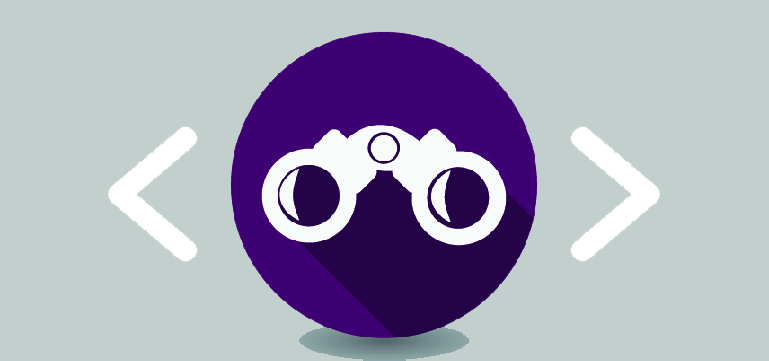Pupils share learning experiences to encourage less engaged learners

Information about the school
Cwmfelinfach Primary School is in the centre of Cwmfelinfach village in the Caerphilly local authority. There are 192 pupils on roll between the ages of 3 and 11. The number of pupils in particular year groups fluctuates notably from year to year as a result of many pupils joining and leaving the school during the year.
There are four single-age and three mixed-age classes. The school identifies around 14% of pupils as having additional learning needs, which is below the national average (25%). Approximately 17% of pupils are eligible for free school meals, which is below the national average (20%). Nearly all pupils have white British ethnic backgrounds and speak English at home.
Context and background to sector-leading practice
Cwmfelinfach Primary School prides itself in placing all pupils at the centre of their learning, giving them a clear voice and ownership of what and how they learn. Most pupils have a strong voice in helping to make decisions about school life. This results in very high standards of wellbeing and supports the very strong social and life skills that pupils demonstrate across the school. To improve these further, leaders decided to involve pupils more in the monitoring and self-evaluation process at a whole school level in order to move the school forward.
The rationale behind the Learning Spies Project began with the Pupil Attitude to School and Self (PASS) Survey. The school conducts the survey with all key stage 2 pupils annually to monitor their self-esteem and response to learning. The assessment, recording and reporting co-ordinator analyses the results and shares the outcomes with all staff. Whole cohorts, groups of learners, individual responses and trends are scrutinised and recorded on the school’s assessment system.
For the past two years, the school has invited pupils who display characteristics such as low self-esteem and a more negative response to their education to become members of a Learning Spy group. The deputy headteacher leads the project and the dynamics of the group are considered carefully in order to include the pupils who are likely to benefit most from the experience.
Description of nature of strategy or activity
Members of the Learning Spies group observe lessons and ask their peers questions about how they learn and what they need to know. They play an important role in devising class posters and giving helpful strategies on how to work independently. This increases their self-esteem significantly and they feel actively involved in the development of the school and in decision-making processes.
The starting point for members of the group is to read the Teaching and Learning Policy so that they are aware of the responsibilities of the teachers and learners in the school. They then discuss matters such as what makes good teaching and learning. This usually generates a lively response. Members of the pupil group decide on the main focus for the observations, which are short and focused. During observation time, ‘spies’ observe learners, question learners directly and look at books and displays. Immediately following a visit, they disseminate ideas within their team and write notes on their findings. ‘Spies’ are then given time to work collaboratively to create a presentation to share with other stakeholders.
The school timetables feedback sessions, to create the minimum disruption. Pupils find this the most enjoyable and beneficial part of the process. The ‘spies’ share their findings with the classes they have visited and give them a list of positive findings and ways in which they could improve. They present their findings as a poster, and display it in their classrooms.
What impact has this work had on provision and learners’ standards?
All Learning Spies have made significant gains on the PASS Survey. Many of the pupils who scored considerably below 50% on all nine aspects prior to the project are now showing attitude to learning scores of above 80% in all areas.
All pupils have benefited from the process in the quality of feedback from their peers, raising pupil voice in the school.
Additionally, staff asked the Learning Spies to produce a visual support for a whole school initiative on independent learning. This culminated in the production of a ‘STUCK’ poster to help pupils of all ages understand what to do when they find learning challenging. This is a highly beneficial learning aid and develops independence in all classes.
During the second year of the project, the school reviewed its behaviour policy and introduced the ‘3 Rs’. The Learning Spies created mind maps to show their peers how to be Ready, Responsible and Respectful. All pupils monitor behaviour. As a result, behaviour across the school is exemplary.
Pupils updated the Teaching and Learning Policy alongside the senior management team to reflect these current developments.
How have you shared your good practice?
Pupils have shared their work with the headteacher, governors, the senior management of the feeder comprehensive school and staff from other primary schools. This proved very successful and a number of local primary schools have set up their own groups to deal with similar issues.
The assessment, recording and reporting co-ordinator has also had meetings with colleagues across the cluster to share the analysis of the PASS Survey and the benefits of Learning Spies.
Useful links
Other resources from this provider

Federated schools - Common features of effective federation

Developing pupils’ skills across the curriculum

Curriculum innovation in primary schools
pdf, 896.02 KB Added 17/05/2018
